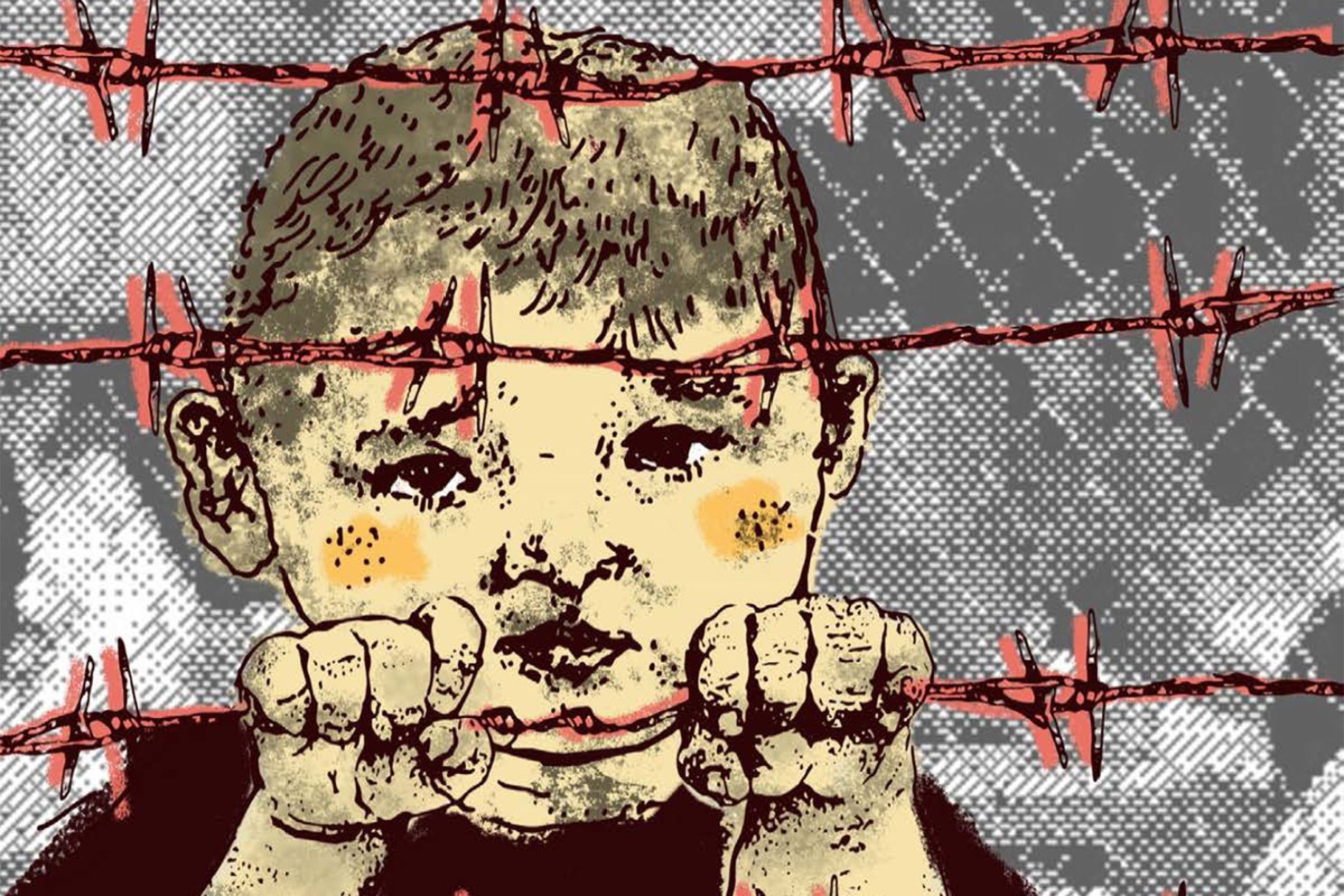A groundbreaking investigation conducted by the Massachusetts General Hospital Asylum Clinic at the MGH Center for Global Health, the FXB Center for Health and Human Rights at Harvard University, and the Harvard Global Health Institute, in collaboration with RAICES, has exposed the alarming impact of prolonged detention on children’s mental and physical well-being.
The study is the first and most comprehensive analysis of the medical records of children as young as 6 months old and a median age of 9 years old detained between June 2018 and October 2020 at Karnes County Family Residential Center in Texas — cited by ICE itself as the first detention facility built from the ground up with its civil detention standards in mind. The report documents evidence of mental and physical harm relating to inadequate and inappropriate medical care experienced by children during prolonged detention, including key screenings and management of acute medical and mental health issues.
The study reveals that nearly 88 percent of children remain in detention for longer than 20 days and stay in immigration prisons for a median duration of 43 days — more than twice the length of the maximum time children are allowed to be in detention as determined by The Flores Agreement. During prolonged detention, the children in the study had limited access to basic healthcare, and existing health issues and care needs relating to physical and mental health were under-identified due to poor screening and minimal documentation of medical care, resulting in fragmented and inadequate medical care.
“The results of this study are deeply disturbing and establish that there is no humane way to detain children and no version of family detention that is acceptable,” says Javier Hidalgo, legal director at RAICES. “Many of these children were detained for prolonged periods, often under unsafe and unsanitary living conditions and without access to basic human rights, in direct violation of applicable standards including those protections set out in the precedent-setting Flores Settlement Agreement.”
Vasileia Digidiki, instructor at the Harvard FXB Center for Health and Human Rights, adds, “Detention is never in the best interest of children. The conditions that we documented in this study evidence a lack of some fundamental protections owed to children, whatever their immigration status.”
The Biden administration suspended ICE family immigration detention in 2021. However, detention of children and exposure to harm continues under Customs and Border Patrol, with the additional prospect of a future return of prolonged detention of children.


